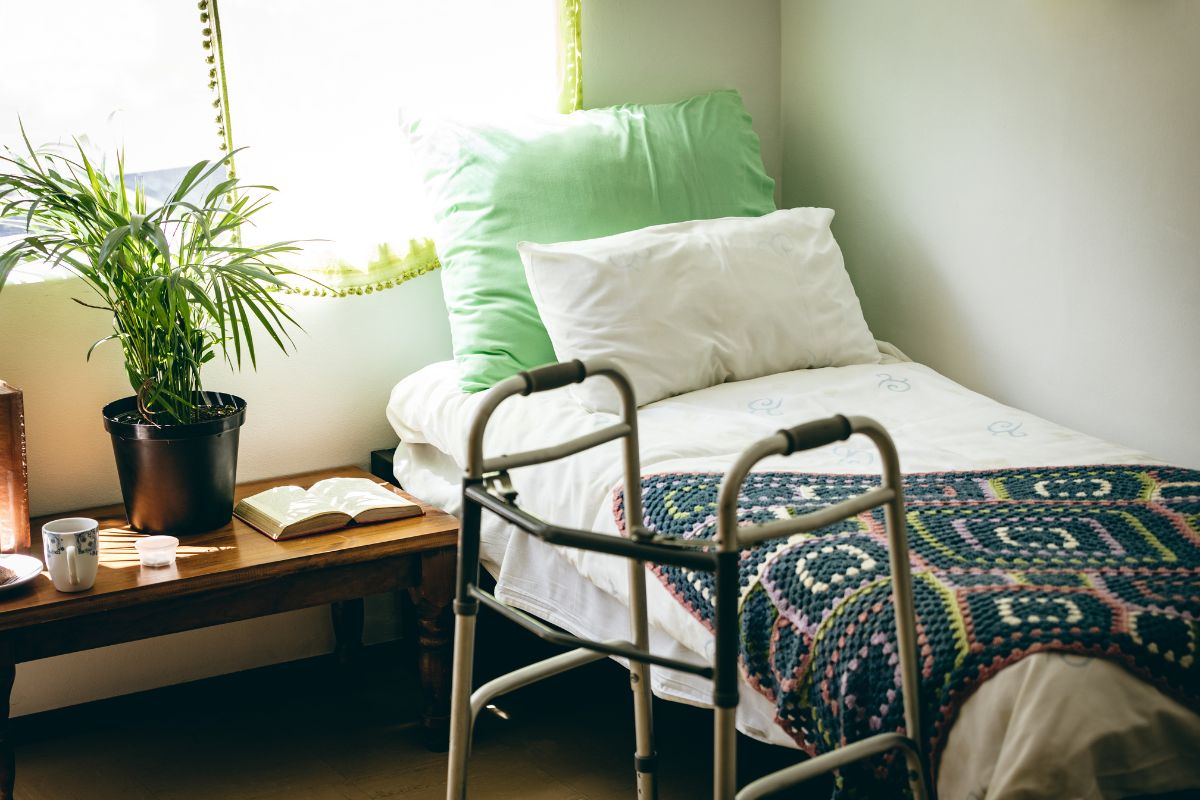
As you get older, choking becomes more of a risk. Choking is a common occurrence in nursing homes or assisted living facilities. It is because of factors such as dementia and/or Alzheimer’s, natural aging, medical conditions or medications, poor hiring in the facility, and inadequate medical treatment. According to the National Safety Council, choking is the fourth most common cause of unintentional injury death. Of the 5,051 people who died from choking in 2015, 56 percent were older than 74. An obvious risk of choking is death. Brain damage caused by a lack of oxygen to the brain happens after just three to four minutes.
Signs of Choking
- A panicked look on the face
- Coughing
- Gagging
- Pointing at throat
- Inability to speak
- Loss of consciousness
- Turning blue in the face
5 Common Causes of Choking in Nursing Homes
There are many causes of choking. The most common causes include:
1. Dementia and/or Alzheimer’s Disease:
Both conditions affect an individual’s memory, behavior, and ability to perform daily tasks such as:
- Swallowing
- Eating
- Chewing
- Drinking
Due to this, individuals may eat unsafe food or even have a hard time swallowing safe food. This could still lead to the resident choking. Nursing homes or hospices that fail to protect individuals may be held responsible for choking incidents.
2. Natural Aging: There are many muscles involved in the eating and drinking process. As we age, these muscles naturally become weaker. If a resident or patient in a nursing home or hospice requires help or supervision while eating or drinking due to their age, they should receive it. If the facility does not provide these services, it may be liable for the resulting injuries and suffering.
3. Other Medical Conditions and Medications: There are many medical conditions and medications that can make it difficult for individuals to swallow. It can put them at an increased risk of a choking accident. If the nursing home or hospice staff is aware of this and does not ensure proper precautions while the resident or patient is eating or drinking, they may be responsible for any resulting injuries and suffering.
4. Poor Hiring: If a nursing home or hospice facility hires an employee who neglects, abuses, or otherwise harms a resident, resulting in a choking incident or other accident, they may be liable for any injuries caused by the employee. The facility is also responsible if it fails to provide adequate employee training or supervision.
5. Inadequate Medical Treatment: If a resident begins choking at a nursing home or hospice facility, and the staff does not provide treatment for the injuries, the nursing home or hospice facility may be liable for the resulting pain and injuries.
How Habush Attorneys Can Help
If you suspect your loved one is experiencing abuse or neglect at their nursing home or hospice facility, your best course of action is to contact a skilled nursing home abuse or neglect attorney. An attorney can assist you in ensuring that you meet your statute of limitations. They can also help with collecting evidence and guiding you through this challenging circumstance. Call Habush Habush & Rottier to speak with an attorney today. Your first consultation is free and confidential.

Attorney Molly C. Lavin
